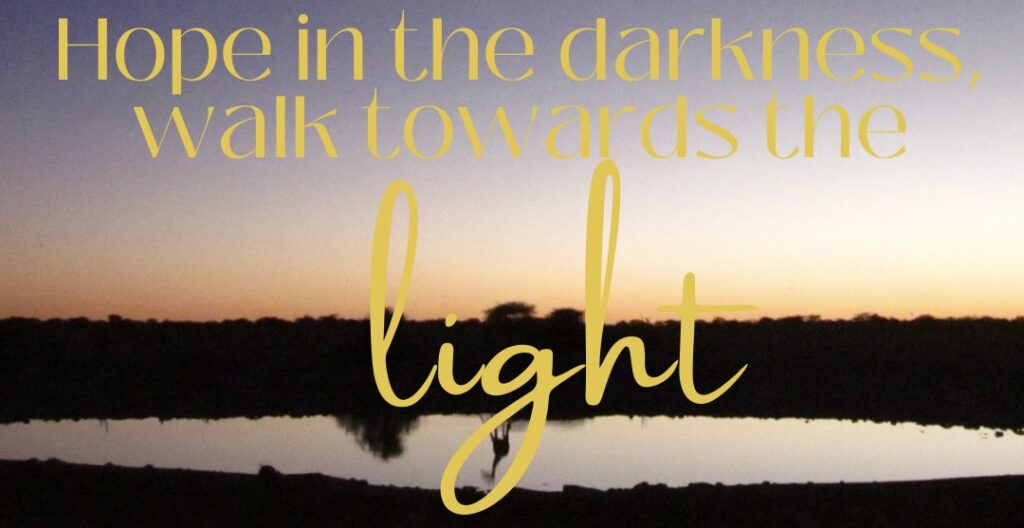During this Holy Week, as we see the beauty of Christ walking the intentional road of suffering for us, I can’t help what that could look like for so many of us. If only we choose to.
If we neglect to grieve our losses, we experience the symptoms of grief without the fruit. This might be the most important grief message for our culture today.
In just one week, I can count the number of people I’ve encountered who are grieving and don’t recognize it on more than one hand. They are feeling anger and anxiety. They are choosing unhealthy mechanisms for coping with their feelings. Yet, they are stuck.
Recently, I’ve experienced an incredible analogy for this phenomenon. At home, we decided to collect strawberry seeds from the fruit’s skin and prepare them for planting. Here is the most important lesson: Unless the seeds experience a winter, they won’t grow. This is called Cold Stratification. We created this environment for our seeds by placing them in a refrigerator for a month.
Similarly, if we don’t intentionally go through the winter of our grief, we will be stuck, won’t grow, and won’t bear fruit. As humans, we don’t grow in comfort. We can’t grow in a season of grief if we don’t embrace the pain. In fact, if we don’t assume the pain of grief, we may spiral downwards without our awareness.
A friend reminded me of the famous psychiatrist Carl Jung’s reflections on this topic:
“The principle aim of psychotherapy is not to transport one to an impossible state of happiness, but to help (the client) acquire steadfastness and patience in the face of suffering.”
The majority of people seeking therapy are those who are experiencing the symptoms of unattended grief and trauma.
So, how do we do this? Here are three things to remember as you begin.
Be Courageous
Our inclination is to find our way back to comfort. We don’t grow in comfort. The willingness to embrace the pain, the sadness, and the suffering requires courage. It requires a reorientation toward the source of the pain.
Some of the most courageous people I’ve met doing this include parents of children addicted to drugs. So many parents live in the near-constant fear of overdose. This fear can create uncontrollable experiences of panic. The top organizations helping this population require the parent to embrace the possibility of death. Even writing this feels backward, but the truth is, if we face the pain and truly feel it, then we have at least taken steps toward facing down our greatest fear.
Name the Thing You’re Grieving
The quote I say frequently is, “If you loved it and lost it, then grieve it.” Just a few of the losses that people rarely intentionally grieve include:
-Job loss
-Negative change in your work environment
-Loss of financial security
-Loss of health
-Divorce of loss of relationship (including friendship)
-Child leaving home
Because these types of losses are often overlooked, they can often be the source of many symptoms. Left unattended, I could be experiencing anger or numbness.
If we neglect to do the work of grieving, we create untended grief. As most therapists will tell you, when someone is grieving the death of a person close to them, they are often grieving a series of losses left unattended.
Allow God to Meet You in Your Grief
“What does God think about my new, mean boss?” The truth is that God cares about the minutiae of your existence. If you are suffering, He is suffering with you. This week especially, I’m reminded that compassion means to suffer. Allowing God to meet you in your place of loss/grief means creating a door for His love and peace.
Nothing is too small for God. If I bring the void to Him, He has the opportunity to fill it spiritually and practically. The practical can often come as a surprise.
What symptoms of grief are you experiencing? When you sit quietly, what loss is God calling you to grieve? How might God meet you on that journey of grief? What fruit might be waiting for you on the other side?

